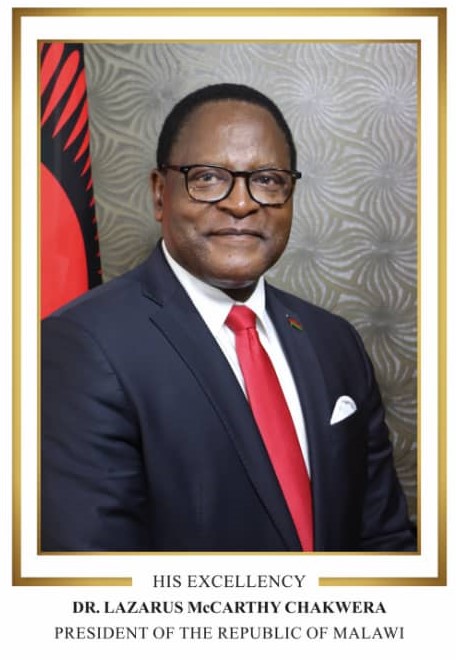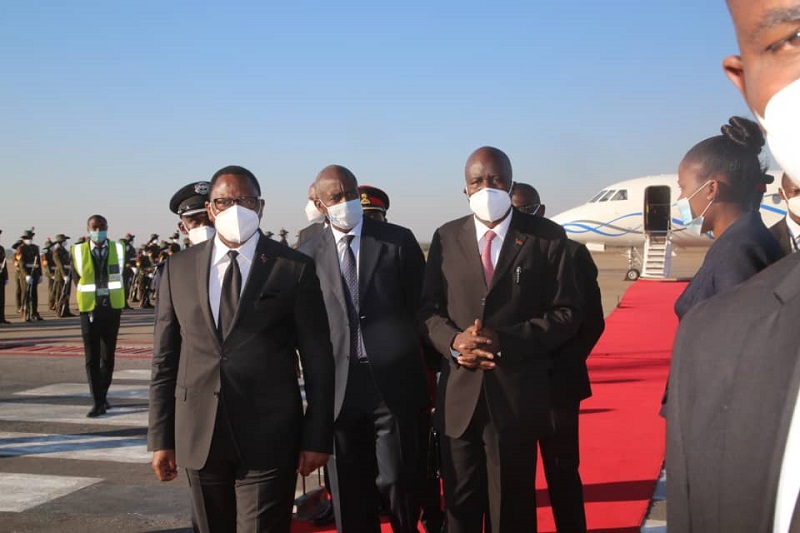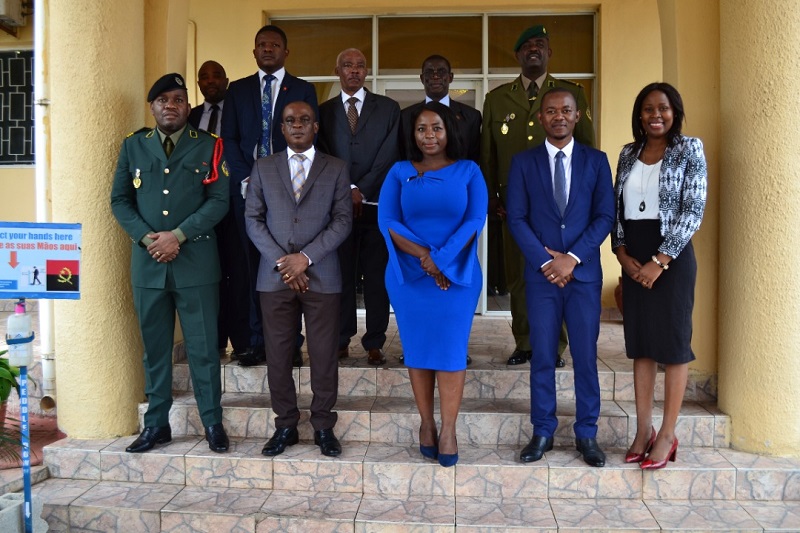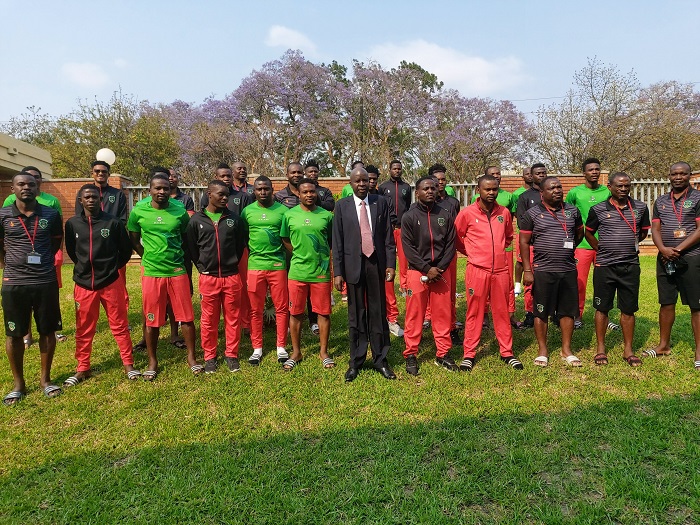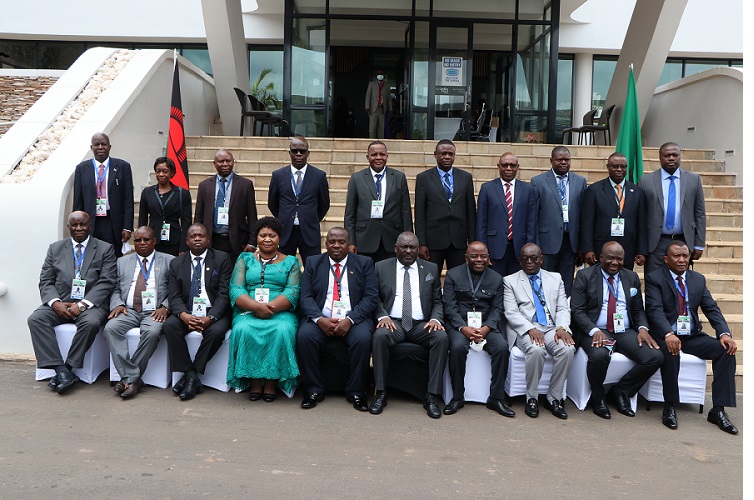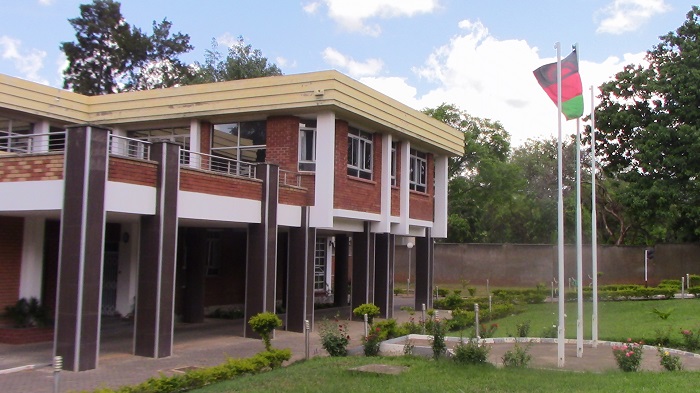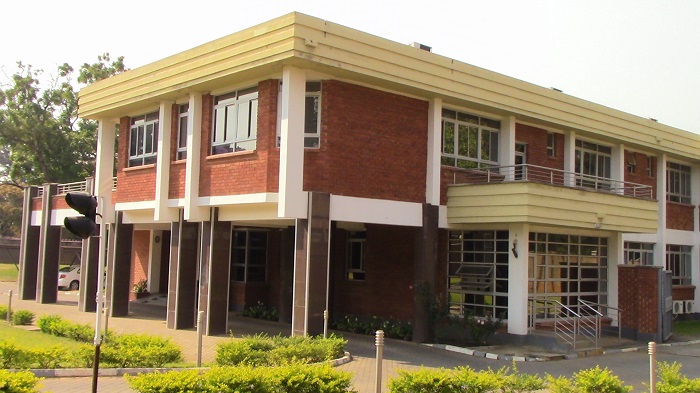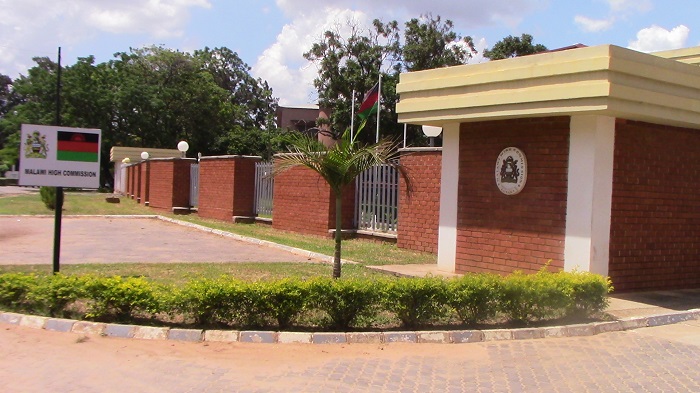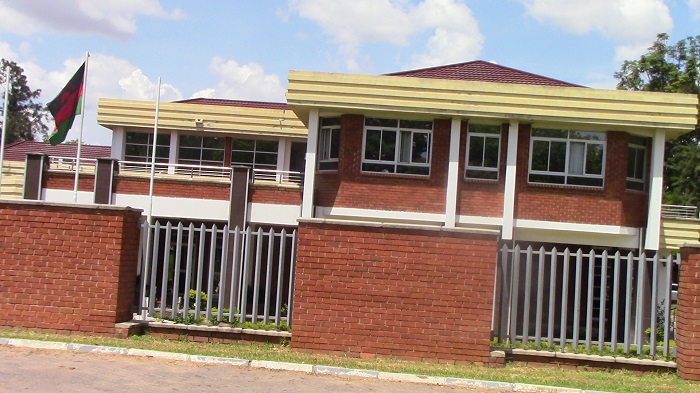|
Malawi History Early human inhabitants date to 8000-2000BC. Bantu speaking people migrated between the 1st and 4th centuries, Slave Trade took place in the 18th and 19th centuries and brought Islam to the region. At the same time, missionaries introduced Christianity. The first European to make explorations in the area was Dr. David Livingstone in the 1850s and 1860s. In 1891 Britain annexed what was then called Nyasaland territory and made it a protectorate in 1892. Between 1951 and 1953, Britain combined Nyasaland with the colonies of Northern and Southern Rhodesia to form Federation, a move protested by black Africans. On July 6, 1964, Nyasaland became the independent nation of Malawi. Two years later it became a Republic within the Commonwealth of Nations and Dr. Hastings Kamuzu Banda became first Prime Minister. In his first month as a ruler, he declared `One Party`, one leader and one government. In 1971, he became President for life, further consolidating his authoritarian rule. In 1992, Dr. Banda fuelled violent protests. Dr. Bakili Muluzi won the country’s first free election in May 1994. In May, 2004, Bingu Wa Mutharika was elected president and was re-elected in 2009. In 2012 Vice President Dr. Joyce Banda assumed the role of President after the death of Professor Bingu Wa Mutharika. In May 2014 President Professor Arthur Peter Mutharika prevailed in the Presidential election and was re-elected in 2019. |
|
Building of Malawi High Comission in Lusaka, Zambia
